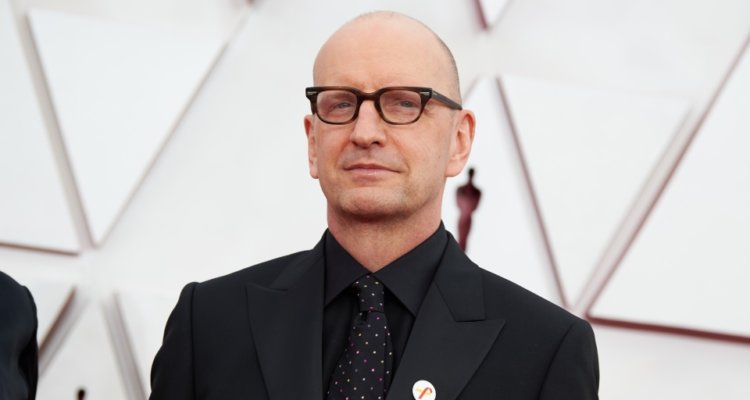In the run-up to this year’s Oscars telecast, the folks behind the scenes kept hinting that the event was going to be very different than what film fans have come to expect from the awards show. Dubbing the event a “film” versus an awards show, with a “cast” instead of presenters, it seemed as if ABC and the Academy were hoping to use the pandemic as an excuse to experiment with the format. And while some of it was great fun, there was definitely a fair share of head-scratching moments. But according to an interview from Variety with ABC executive, Rob Mills, the event was a success no matter how you look at it.
The idea that this year’s Oscars telecast was going to be a different beast altogether began when it was announced that Steven Soderbergh was going to produce the ceremony. And Mills thinks the addition of Soderbergh to the equation is what really kickstarted the experimental nature of the show.
“I think Steven viewed this as if this was the next movie he was making,” Mills said. “If there’s one person that would look at it like that it’s Steven Soderbergh. If you look at his filmography, whether it’s a feature or something for TV, he goes about it the same way. He didn’t view this as an award show, he viewed this as the next project he was producing.”
READ MORE: Anthony Hopkins Pays Tribute To Chadwick Boseman In His Belated Oscars Acceptance Speech
He continued, “Glenn Weiss directed, but this was sort of the next Steven Soderbergh project. It’s always interesting when you have somebody who doesn’t have an award show background and they sort of took all the tools out of the toolbox and started over and really made this look filmic in this way.”
As for the controversial decision to present Best Picture before Best Actress and Best Actor, a move that found the show end with Anthony Hopkins not there to accept the final award of the night, the ABC executive contends that the move was still the right one and was intended to mix things up.
READ MORE: The Snubs And Surprises Of The 2021 Oscars
“It was not meant to end on somebody who was not present,” Mills explained. “It was a calculated risk, that I think still paid off because everybody was talking about it. Similarly, nobody wants the wrong envelope to happen, like it did three years ago, but everyone was talking about it. I think some people thought maybe they missed some awards. ‘Why is best picture early?’ or, ‘What’s happening, this is crazy,’ almost like, ‘How can this possibly happen? Best picture has to end it!’ Some people were upset, some people loved it and that was really the point that there was no apathy.”
Though the decision to jumble up the categories and try to surprise viewers caused a bit of a stir, there was one idea, interestingly brought up by Frances McDormand in her acceptance speech, that might have been even more controversial.
“It’s funny that Frances McDormand mentioned karaoke, there was talk of a karaoke bit that couldn’t happen just because of microphones and things like that, you couldn’t do it,” he said. “I think that’s what morphed into the Oscar trivia bit, which ended up being for the best, obviously.”
Odds are the karaoke bit might not have been the laugh-maker they were hoping for, but regardless, we should all be happy with what we were presented with instead–Glenn Close dancing to “Da Butt” on live TV.
If you want to see just how “filmic” the Oscars were this year, look no further than this opening “scene”:

